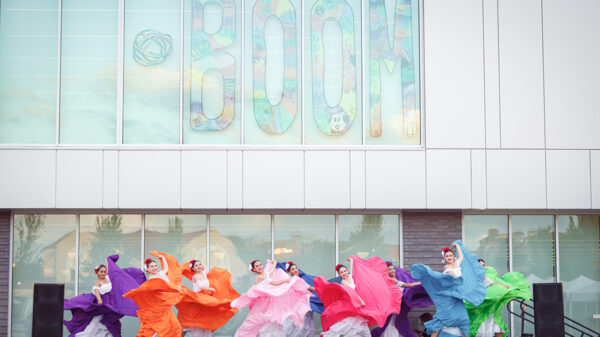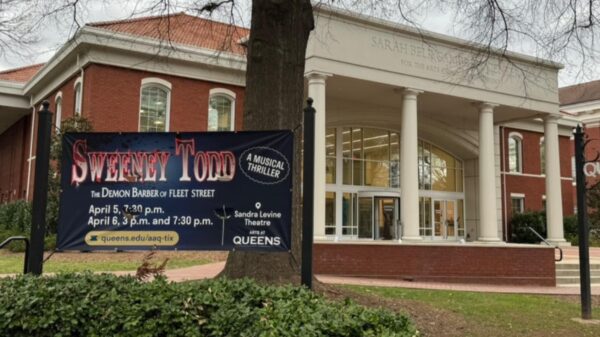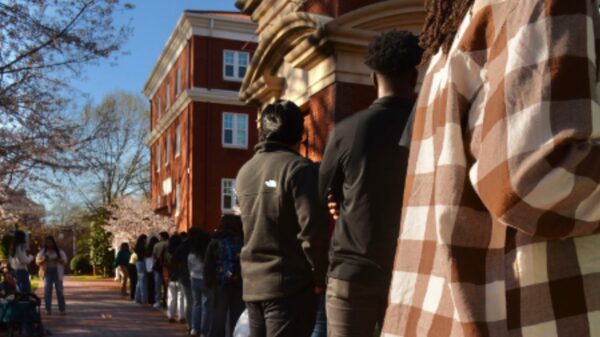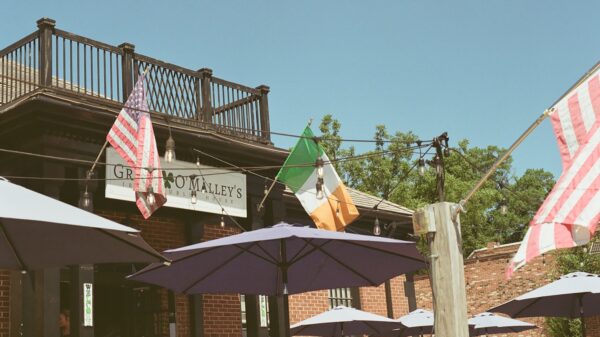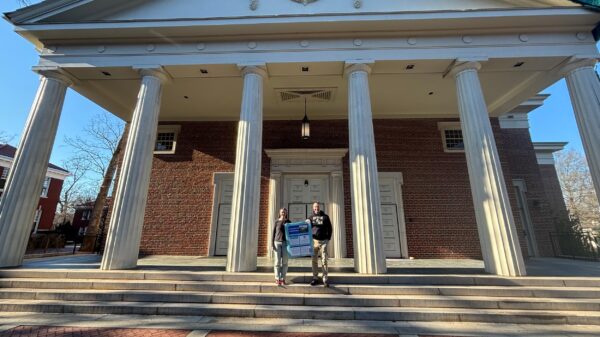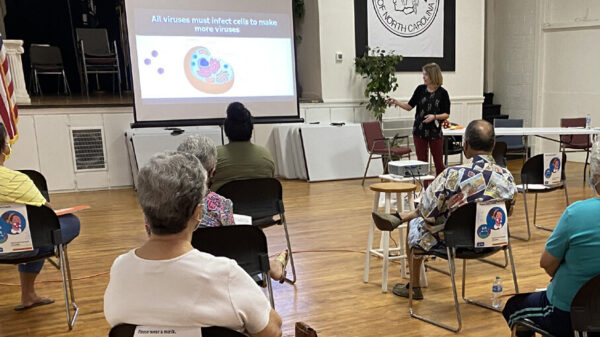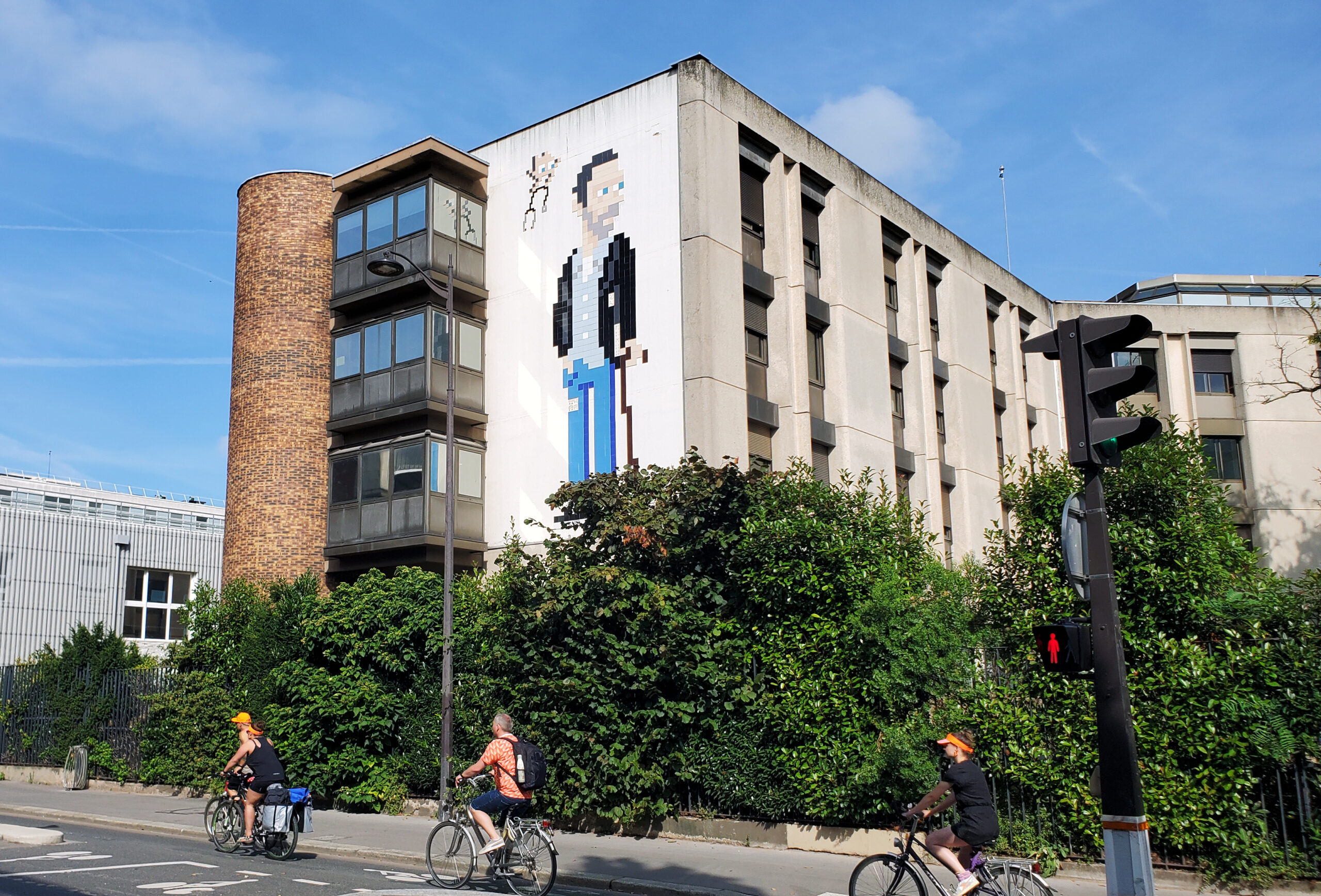Unexpected beneficiaries of the Paris 2024 Olympic Games are enjoying newfound exposure. Beyond the athletic events, hundreds of thousands of fans are engaging in another game: spotting iconic mosaics by the street artist Invader.
A Charlotte artist says the Paris game has the potential to change street art throughout the world.
“We’ve been taught in school and culture for so long that a museum is where art lives and that’s only where art lives — real art,” Mike Wirth asked recently. “And the stuff on the street is for degenerates, derelicts, and graffiti writers, right? Well, no.” Wirth imagines an experience in which street art makes a bigger impression on visitors to Paris than seeing the Mona Lisa in the Louvre.
Paris Legitimizes Street Art
The presence of street art, particularly Invader’s mosaics, sparked a broader conversation about the evolving perception of art in public spaces. “Today’s consumer shows greater tolerance, and maybe even ignorance, about the laws that allow street art to flourish,” said Wirth, an art professor at Queens University of Charlotte.
People are now more accepting and less concerned about the legal issues surrounding street art, he said. In the past, artists like Invader would have been arrested for their work, which was viewed as vandalism rather than art. Many people now view public spaces as fair game for artistic expression, even though these areas may be privately owned.
This changing perspective may extend beyond Paris. “Interesting questions will come up when these fans go home,” Wirth said. “Will they have a different perspective on street murals? Will their Paris experience legitimize the art form? Will it create a demand for more street art in their own city?”
Inspiration Across Borders
Invader’s art, which often resembles characters from classic video games like Space Invaders from the late ’70s, offers a playful nod to nostalgia.
In Charlotte, the arcade bar Super Abari in NoDa showcases video games, comic books and anime, often inspired by a pixelated aesthetic, featuring images of Pac-Man and other icons.
Fine Line Between Graffiti and Murals
Street art transforms a mere location into a memorable destination, drawing visitors who are guided by the compelling presence of art that signals, “This is where you need to be,” Wirth said.
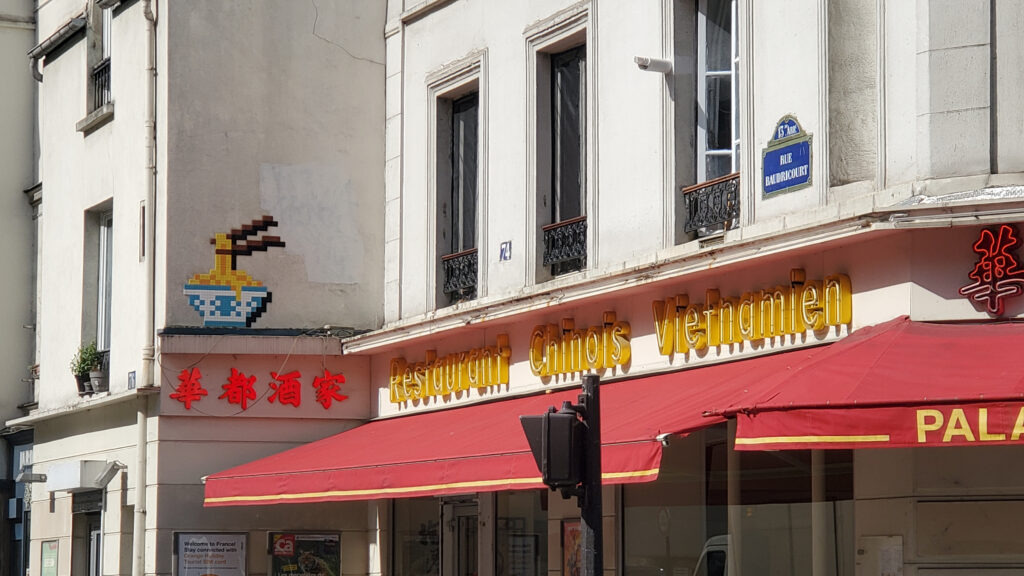
The difference between graffiti and muralism often comes down to permission, Wirth explained. “If you do it without asking, then it’s like real graffiti and it’s vandalism. But you could go out and be paid and do your normal thing with graffiti letters, and that would be a mural, sanctioned, but with the aesthetic of graffiti.”
Invader’s work inspires a question about empowering local artists.
“If you’re from Dayton, Ohio, you’re not like, ‘We need a Space Invader above the clock tower,’” Wirth said. “It’s more like, ‘How can we empower our artists in our city, in our community?’
By embracing street art, communities create accessible art experiences that engage and inspire, blurring the lines between traditional gallery spaces and the urban canvas.
“That’s central in the street artist community, to have them rise to the level of Invader,” Wirth said. “Cities like Paris have a lot of art inside their hallowed halls, and you must pay to get in. But when we’re out on the street and we see a beautiful mural, it meets us where we’re at, in our everyday attire, in all weather conditions. There’s no control over the conditions like a gallery or museum has. That contrast is important.”

Olivia Anderson
Reporter

Kayla McDuffie
Reporter
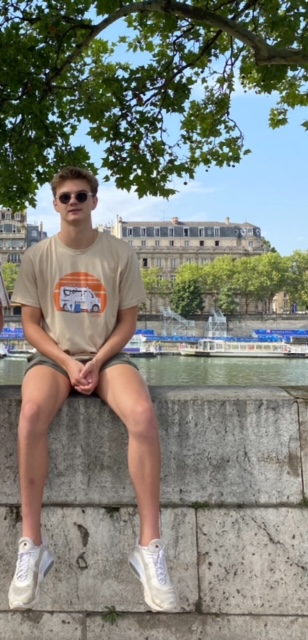
Jonathan Henschel
Reporter


